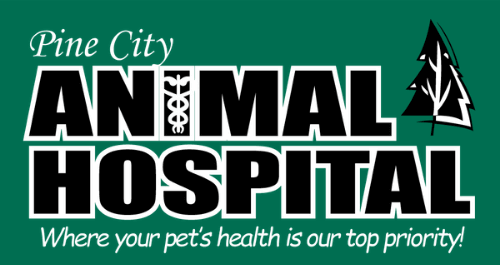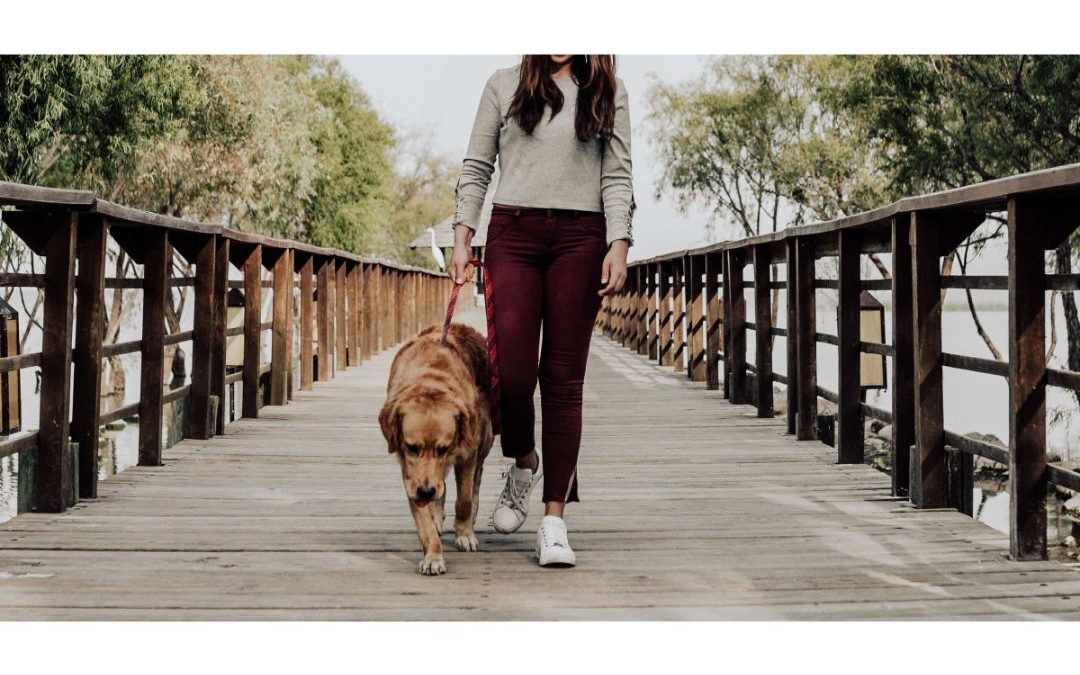When heading out the door, do you picture a peaceful stroll with your dog by your side? Or does your dog have other ideas, such as pulling you down the steps and hurtling you across the street? If it’s a challenge to get your dog to walk calmly at your side, follow these five steps to teach your pup good leash manners.
Step 1: Outfit your dog with the correct leash
Ditch the retractable leash or the miles-long lead that allows your pooch plenty of room to roam. If your dog is too far away, it isn’t easy to control an overly stimulating situation. Opt for a four- or six-foot leash instead.
Step 2: Dissociate the leash from the excitement of a walk
Your dog may be uncontrollable on a leash because they associate it with the excitement of a walk. To help reduce your dog’s excitement when they see their leash, snap it on their collar for 10 minutes each day and let them drag it around at home.
Step 3: Tackle your dog’s pulling before you leave the house
Take your dog out the door as if going for a walk, and if they begin to pull, turn around and head back inside. Repeat this until your dog can leave the house calmly. Be consistent and do this every time you start a walk.
Step 4: Stop moving or walk in the opposite direction
When you’re out walking your dog, and they begin to pull, immediately come to a stop. Don’t budge until your dog stops pulling, calms down, and either returns to your side or looks back at you. Once your dog has relaxed, you can begin walking again.
If this does not work to calm your dog, turn and walk in the opposite direction. If your dog bolts forward in the new direction, repeat the process until your pet realizes pulling will not get them where they want to go.
Step 5: Reward your dog for the proper behavior
Reward your dog for calm behavior during your walks. Doling out treats on an unpredictable schedule as you walk also can help keep your pooch at your side.
Enjoy your walks with your dog by knowing they’re protected from contagious diseases and parasites. Contact our team to schedule a preventive care visit.

